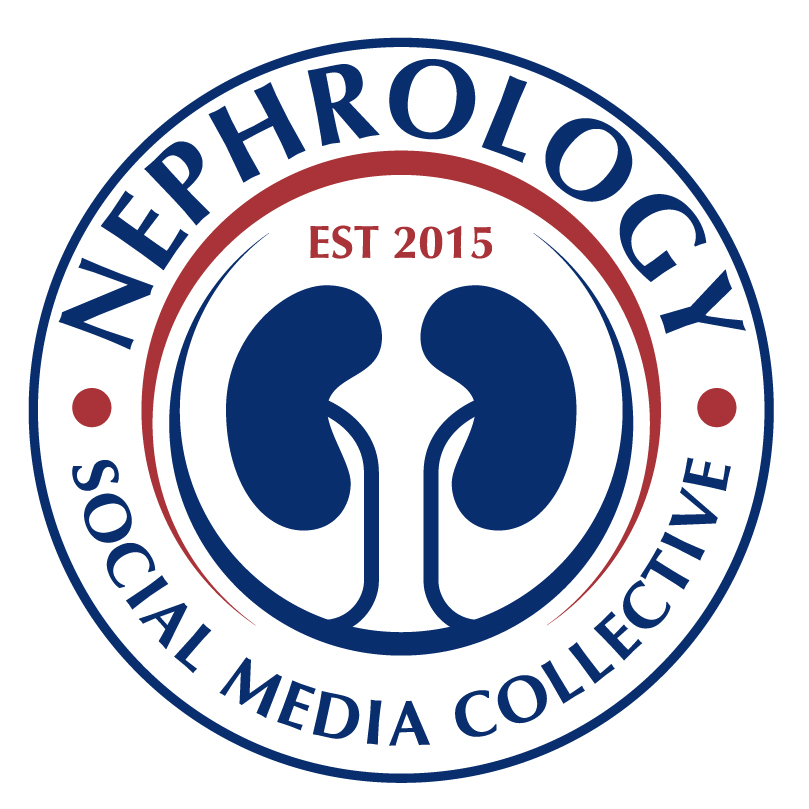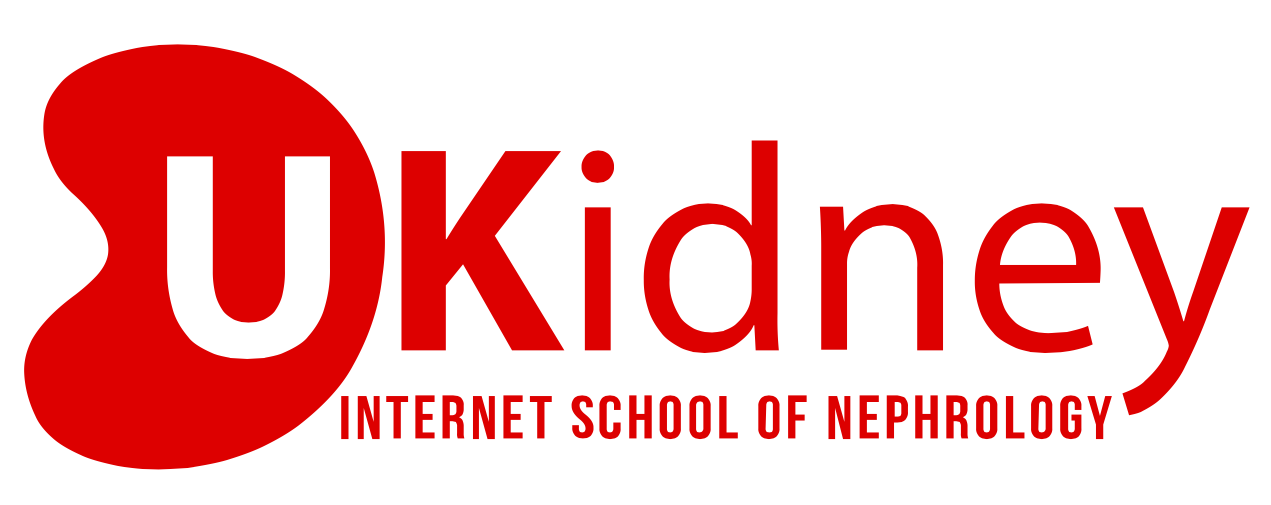A 31 year-old healthy male donated his kidney to his mother who had IgA nephropathy. Prior to donation, his creatinine was 1.08 mg/dl. One year after donation, his creatinine is 1.59 mg/dL. He was seeing in clinic and he is concerned about his high creatinine.
What is the expected kidney function after donation?
Kidney donation results in a 50% reduction in the kidney mass. However, there is an immediate hemodynamic compensation that increases the glomerular filtration rate in the remaining kidney. Studies have shown that there is a highly predictable increase in GFR of 20-40% within days resulting in a post-donation GFR of 60- 70% of baseline (reviewed by Mueller, Luyckx. JASN 2012). Subsequently, the remaining kidney undergoes some hypertrophy that will further compensate for the loss kidney.
The most detailed paper describing the changes of renal function after kidney donation is from Rook et al. (AJT 2006), who evaluated 125 consecutive donors with iothalamate GFR clearance pre- and post-donation (around 2 months post-surgery). The average increase in creatinine was 35%. Older patients and those with greater BMI had a greater rise in creatinine. Another study reported the renal function of kidney donors 12 years post-transplant (Ibrahim et al. NEJM 2009). They noticed a drop ~24% in GFR at 12 years when compared to pre-donation. Reduced GFR was associated with aging, higher BMI and female sex. Longer time since donation is associated with the development of hypertension (~50%) and proteinuria (~35%) (Saran et al. NDT 1997).
Our patient had a 51% increase in creatinine, which one may consider higher than expected. However, one must consider that creatinine is not a perfect marker of kidney function since it is significantly affected my muscle mass. This patient was muscular. When a creatinine clearance was calculated using CKD-EPI, his pre-donation eGFR was 95 ml/min and post-donation 63 ml/min – an expected drop in kidney function. A 24-hour urine collection confirmed this measurement. An iothalamate test would more reliably quantify his renal function but this test is not frequently performed. Equally important, his blood pressure has been well controlled and he does not have evidence of proteinuria.
In summary, it is critical to monitor kidney donors with serum creatinine/eGFR (CKD-EPI), proteinuria and blood pressure levels. A drop in GFR ~35% is expected. More accurate GFR assessment may be considered with iothalamate in selected cases (e.g., older patients, patients with high or low BMI). After kidney donation, counseling patients about kidney risk factors is critical.
Sunday, August 16, 2015
What is the expected kidney function of a patient after donating a kidney?
Labels:
kidney donation,
kidney function,
Leonardo Riella
Subscribe to:
Post Comments (Atom)

















No comments:
Post a Comment